Unveiling the Power of Vitamin C: Your Ultimate Guide to Glowing Skin
This post may contain affiliate links. That means that if you click on a link and purchase something I recommend, I will receive a small commission at no extra cost to you. As an Amazon Associate, I earn from qualifying purchases. This helps keep my website up and running and is very appreciated. Thank you for your support! Disclaimer
Hey everyone! Today, we’re delving into one of my favorite skincare ingredients that doesn’t always get the attention it deserves: Vitamin C.
It’s super effective and comes with a ton of benefits, yet it’s often underrated. I’ve noticed many of you have been curious and asking questions about it online, so I’ve done some thorough research. I even consulted my fiancé, who’s a cosmetic dermatologist, to ensure accuracy and provide trustworthy informations and product recommendations. So, in this article, we’ll explore Vitamin C in detail. Let’s get started!
If you don’t have time to read this post right now, why not save it for later?
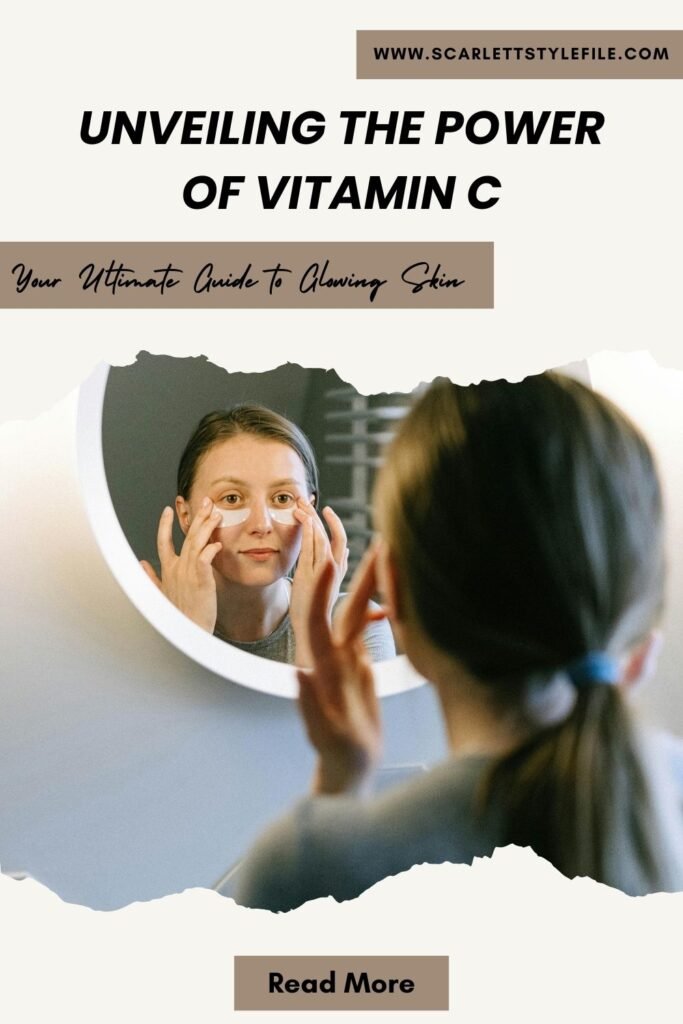
vitamin c as an ingredient

Why do I love Vitamin C so much? Well, like I’ve mentioned in my previous blogs, Vitamin C is probably the one ingredient that has had over 10,432,646,892,000,000,000 studies done, all proving its benefits for your skin.
Now, you might be thinking, “Great, thank you, Scarlett, for stating the obvious. I’m just going to go eat my oranges or squeeze that juice on my face!” But hold on, because here’s the thing: while we do get most, if not all, of our Vitamin C from our diet, only a tiny percentage actually makes it to our skin.
So, even if you chug down all the oranges in the world, only a fraction of it will benefit your skin. Plus, you can actually overdose on Vitamin C. If you think you’re being clever by popping 10 Vitamin C capsules, think again.
You could end up with GI pain, nausea, vomiting, diarrhea, or even kidney stones. The maximum recommended dosage is around 2,000 milligrams per day, so going over that could seriously harm you.
That’s why topical Vitamin C is crucial – it ensures that our skin gets the nourishment it needs, not just from the inside out. Sure, living a healthy lifestyle, eating well, getting enough sleep, and practicing yoga are important, but what we put on our skin matters too.
What does vitamin c do for our skin?
So, how does vitamin C help? Well, there are three ways. Ready?
- Antioxidant:
It’s a potent antioxidant. What the heck is an antioxidant, you may wonder? I don’t expect you to know, even if you probably do if you’ve been reading my blogs, because you’re probably a skincare nerd. A potent antioxidant is basically like a shield against skin stress. Think of it as a defender against the everyday villains your skin faces – pollution, cars, the sun, even someone walking down the street smoking in front of you (which I hate, by the way, so please don’t ever walk in front of me smoking a cigarette ).
These stressors create something called oxidative stress, which leads to the production of reactive oxygen species (ROS), which break down your collagen , However Vitamin C neutralizes that, so your collagen won’t break down as fast.
Now, how does it team up with your sunscreen? Well, think of vitamin C as the trusty sidekick that makes your sunscreen even more effective. Although vitamin C isn’t a sunscreen (and I’ve heard some people say, “I’m just gonna put orange whatever juice on my face, it’s gonna be a natural sunscreen” – it is not a sunscreen!), but it does decrease how much damage the sun can cause to your skin. Now, how does it team up with your sunscreen? Well, think of vitamin C as the trusty sidekick that makes your sunscreen even more effective. So, it’s definitely a great adjunct to sunscreen, and that’s how it works as an antioxidant.
- Boosts Collagen :
Vitamin C amps up collagen production. And I don’t know who the hell on planet earth wouldn’t want that? If you’re not on board with firmer, healthier skin, then you need to go speak to somebody else. I’m not your girl. We’re just not going to get along. You might be living under a rock if you don’t see the value in this.
Anyway, Vitamin C boosts collagen production, and it’s amazing for that because Vitamin C is a cofactor for two enzymes: lysyl hydroxylase and prolyl hydroxylase, both of which are enzymes needed to cross-link collagen. So, that’s why it can help boost collagen production, creating firmer, thicker, better collagen, giving you a healthier collagen production.
And it also increases MMP inhibitors, which prevent the breakdown of collagen from all of the sun damage, etc.
- Evens Out Pigmentation
Vitamin C helps to even out your pigmentation. But how does it do that? It works by consuming the copper that is utilized in the reaction to produce melanin. So, when the copper is not present, the additive necessary for the reaction is absent,so less melanin is produced.
In simple terms, Vitamin C helps by using up copper, which is one of its key roles in improving skin tone.
when should i use Vitamin C?
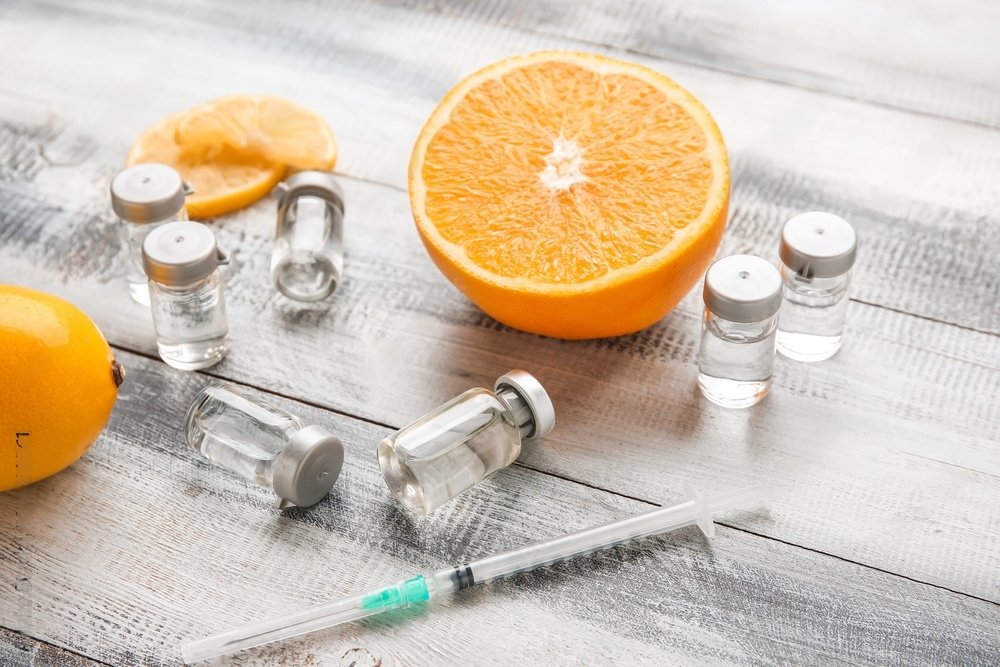
When do I personally use my Vitamin C ? In the morning for sure, before my sunscreen, because it definitely makes my sunscreen work better for me. And by “me,” I mean the figurative “me,” but it makes your sunscreen work for you too. It really does help protect your skin when you want to tackle your day.
Some people want to use it at night as well, which can be beneficial. The only thing to be careful about at night is it might be a little bit irritating when used in conjunction with other ingredients. It won’t reduce the effectiveness of those other ingredients, but your skin might get irritated if you are sensitive. So, if you are sensitive, stick to it in the morning.
If your skin can take a pounding with a lot of ingredients because you just are that way, then use it twice a day. Vitamin C is generally safe and effective for most skin types so you really can’t go wrong with it.
active vs. inactive & l-ascorbic acid
I’m going to keep this relatively simple, when we talk about vitamin C in skincare products, there are basically two types: active and inactive forms. Active forms are the ones that are ready to get to work on your skin, while the inactive ones need some help to become effective. Easy enough, right? Let’s dive into the active forms first.
- Vitamin C Active Form
As I explained before active means it’s already ready to work. You pop it on your face and it works. And that is L-ascorbic acid.
The sweet spot for vitamin C is anywhere from eight to twenty percent. More so than that is just, well, it just doesn’t provide extra benefits for your skin, so it’s not my top choice.Vitamin C is a well-established and extensively researched ingredient known for its effectiveness. So you’re going to stop and say, “Okay, great Scarlett, so why the hell do I need the rest?” Because, my friend, it is extremely unstable.
It is that that unpredictable friend who seems normal at first but can suddenly act out of character. And so you need to approach with caution or find your friend and use it up fast. The reason I say that is because it can become oxidized and once it gets oxidized meaning it becomes ineffective once it changes.
Several factors contribute to its instability, such as high temperatures. And this is where a mini fridge is not bad for L-ascorbic acid., high pH levels, metals, and oxygen. So, I, for the life of me, cannot understand why they come in droppers. Vitamin C should not come in a dropper.
I personally avoid vitamin C products that come in droppers because prolonged exposure to air can lead to oxidation. Opting for smaller-sized products or sample versions allows me to use them up quickly, This ensures that the product remains effective and doesn’t lose its potency over time.
Unfortunately, you can’t stock up on this ingredient. Once you open it or expose it to air and light, the clock starts ticking, and you need to use it up. If you have oily or acne-prone skin, L-ascorbic acid might not be the best choice for you.
And if you are sensitive, concentrations of eight to ten percent are still effective without causing irritation. It’s still going to make have an effect on your skin, but anything more than ten might start to irritate you.
So, a common question I get asked is about my favorite forms and products. I know some of you might find this one pricey, so I’ll also share a wider range. Skinceuticals is one of my go-tos I try to get the small ones which are not individually for sale, they come in a packet I go through them quickly and it keeps them fresh. The larger size costs around $180. The reason I favor this one is because it combines vitamin E and ferulic acid, which stabilizes it and maintains a lower pH (less than 3.5), making it more effective for your skin.
This is honestly probably the one of the most effective ones for L-ascorbic acid out there. Paula’s Choice also offers a great option, their C15 booster. I recently tried their C25, but I wouldn’t recommend it as anything above 20 is kind of unnecessary. Stick with the C15 booster; it’s much better.
CeraVe has their Skin Renewing Vitamin C Serum at ten percent, which is worth trying too.
Lastly, I always mention L’Oreal’s Revitalift 10 L-ascorbic acid because it works like a primer before applying makeup. So, there you have it – L-ascorbic acid simplified for you.
- Vitamin C Inctive Form
The rest of the vitamin C’s are the esterified forms of vitamin C, which are also really helpful. Even though they’re not active in their original state, they get activated once you apply them to your skin. They are lipophilic,meaning they penetrate skin better, and stable, so they’re not as unpredictable. The issue is the studies have been done in vitro, meaning under a microscope, not in vivo, so on actual skin, so we’re still waiting to see how effective they are over time.
sodium ascorbyl phosphate (SAP)
There are several different types, but one form I particularly like is sodium ascorbyl phosphate (SAP) because in vivo, it has been proven to offer the three things that ascorbic acid offers: antioxidant, collagen-boosting, and pigment evening-out effects when used on skin. There’s even some evidence suggesting it might help with acne. In fact, using one to five percent SAP has been shown to reduce p acnes bacteria on the skin, which minimizes how much sebum your skin makes and how much inflammation you have.
So, if you’re oily or acne-prone and you want to start with a vitamin C but you don’t want to use l-ascorbic acid, SAP is a great option. It offers all the usual benefits of l-ascorbic acid, SAP is a great option. It offers all the usual benefits of l-ascorbic acid, plus some added help with acne.
There are several products available containing sodium ascorbyl phosphate (SAP). One option is U Beauty Resurfacing Compound , priced at $70. It offers a combination of various ingredients, making it a convenient all-in-one choice. Another option is Olay Regenerist Brightening Vitamin C Serum, which costs around $30. For those looking for a more budget-friendly option, No7 Protect and Perfect Serum is priced at around $24. These products provide a range of choices to suit different preferences and budgets.
Magnesium Ascorbyl Phosphate (MAP)
The most stable esterified form of vitamin C is magnesium scorpio phosphate (MAP). which means it remains effective for a long time. In lab tests, it changes into ascorbic acid, boosts collagen production, and helps with pigmentation issues. However, it has questionable antioxidant properties. Another important point is that it’s poorly absorbed, and that’s why it’s the least irritating version of it. So, if you’re very sensitive with pigmentation issues, this might be the form you want to try because although poorly absorbed,it’s better than nothing. MAP is best known for brightening skin , so if you have pigmentation and sensitive. This one’s your jam.
Some products containing MAP include Glossier The Vitamin C Super Glow priced at $55, and Dermalogica MAP 15 priced at $90. Another option is the Glossier product, which costs $28.
Ascorbyl Glucoside
Ascorbyl Glucoside is a compound that converts into sugar and ascorbic acid on your skin. In vitro it offers anti-aging benefits like vitamin C, however its effectiveness in vivo still needs more research.
Both The Inkey List and The Ordinary have this particular form of esterified version, with The Inkey List at 15% and The Ordinary at 12%, priced between $13 and $18. It might be worth trying, but is it kind of a waste of money especially since there are no evidence on it effectiveness available yet.
Ascorbyl palmitate
Ascorbyl palmitate—it’s not worth your money. Seriously, why spend on it? If you’re feeling generous, I’m getting married this summer you might as well Venmo me as a gift instead. But really, it’s not worth it.
is as unstable as ascorbic acid, so it’s pretty unreliable. Plus, there’s uncertainty about how much of it actually turns into ascorbic acid when applied to your skin. So, not only is it unpredictable, but it’s also trying to mimic vitamin C without actually converting into it.
I personally would not waste my dinero on this one , However, if you’re really set on trying it, Pericone MD has one that’s pretty good, but it’s pricey at around a hundred bucks o go waste a hundred bucks or you can just donate it .
As for sunscreens, EltaMD has one with vitamin C, which is not a personal favorite although my mom loves it, They use ascorbyl palmitate, which doesn’t seem very effective to me.
Basically, if you’re looking for something useful, ascorbyl palmitate isn’t it. Not sure why they include it in formulations.
tetrahexadecyl ascorbate (TA)
And the newest kid on the block is tetrahexadecyl ascorbate (TA), and this one is not only stable but also lipophilic meaning it easily penetrates your skin barrier. It offers the same benefits as regular ascorbic acid: protecting against sun damage, acting as an antioxidant, boosting collagen, and evening out skin tone. However, It is slightly irritating if you have sensitive skin so just beware and finally it tends to be pricey compared to other options on the market.
Out of all the options, Dr. Loretta’s anti-aging repair serum is the most budget-friendly, priced at $70. The others all cost over $100. For instance, Sunday Riley CEO 15% Vitamin C Brightening Serum is around $120, Glytone age-defying Vitamin C and Ethereum 20% goes for $130, and Allies of Skin Vitamin C35 Collagen is priced at $118 , So yeah don’t shoot the messenger they’re pretty pricey, but that’s the deal with vitamin C skincare products.
The Bottom Line
I hope this article was helpful. please do not squeeze the lemons or the oranges or the citrus fruit onto your face just drink that stuff or eat it instead Let skincare products containing vitamin c do this job effectively
I hope you found this article helpful. Feel free to leave any questions or feedback in the comments. I truly value my readers’ input.

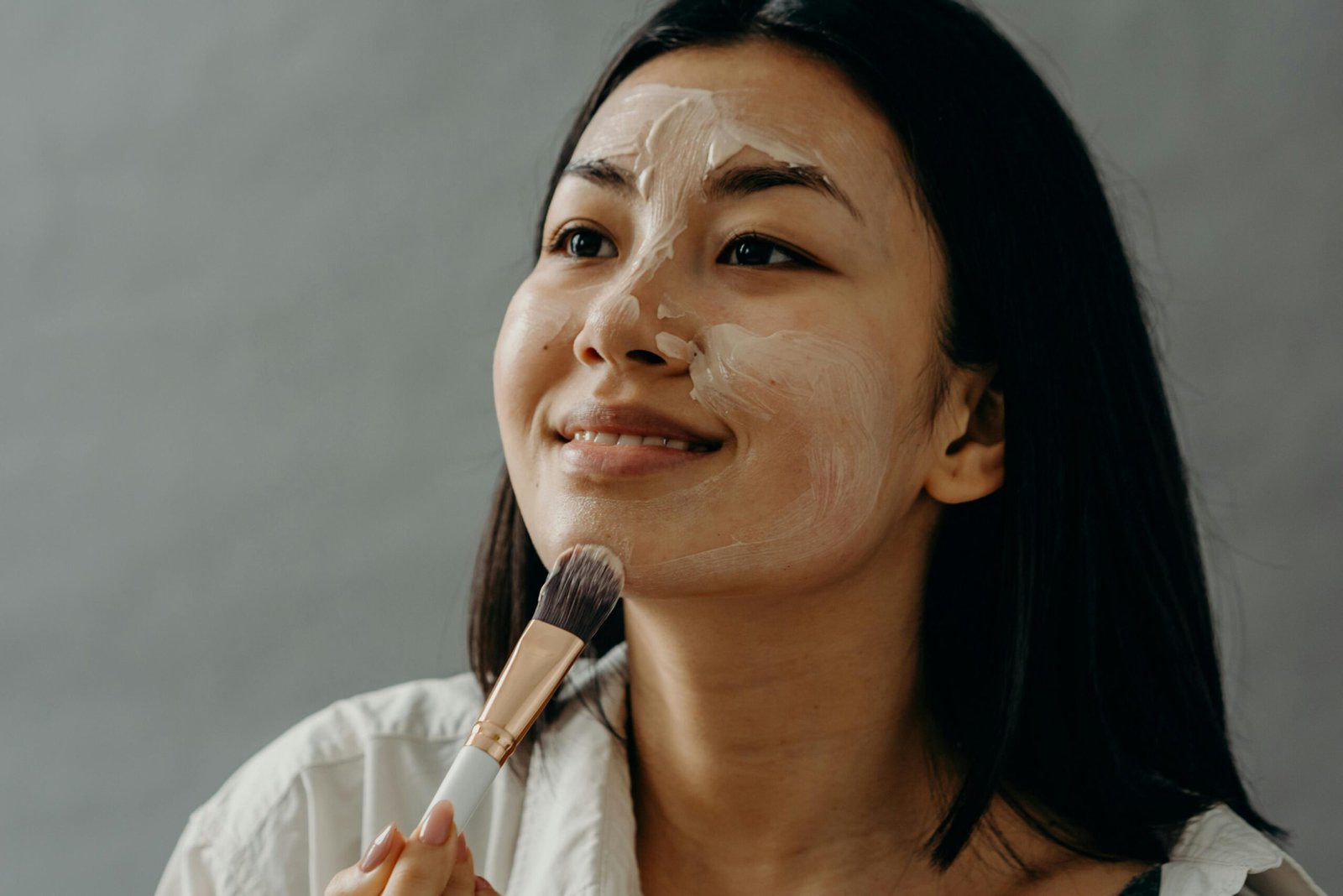

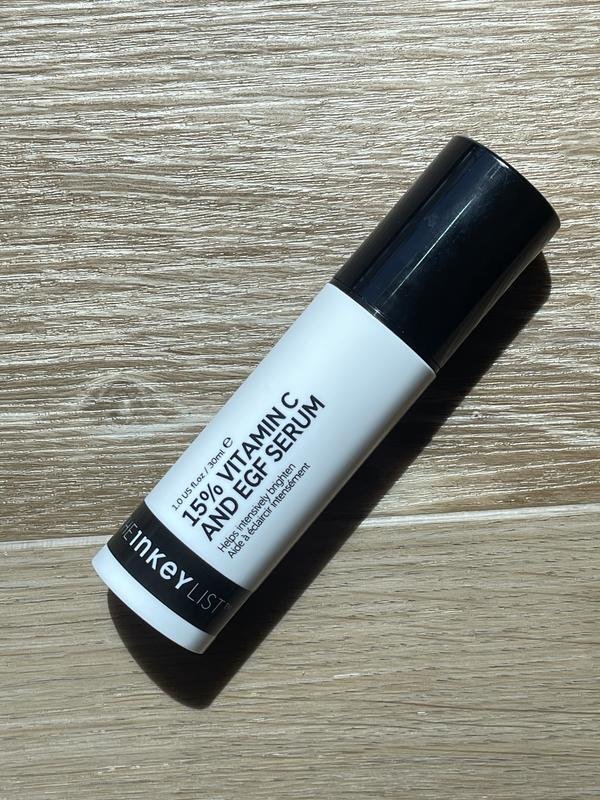
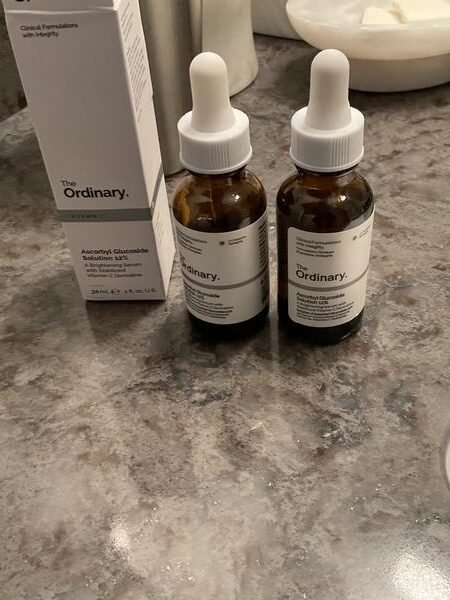

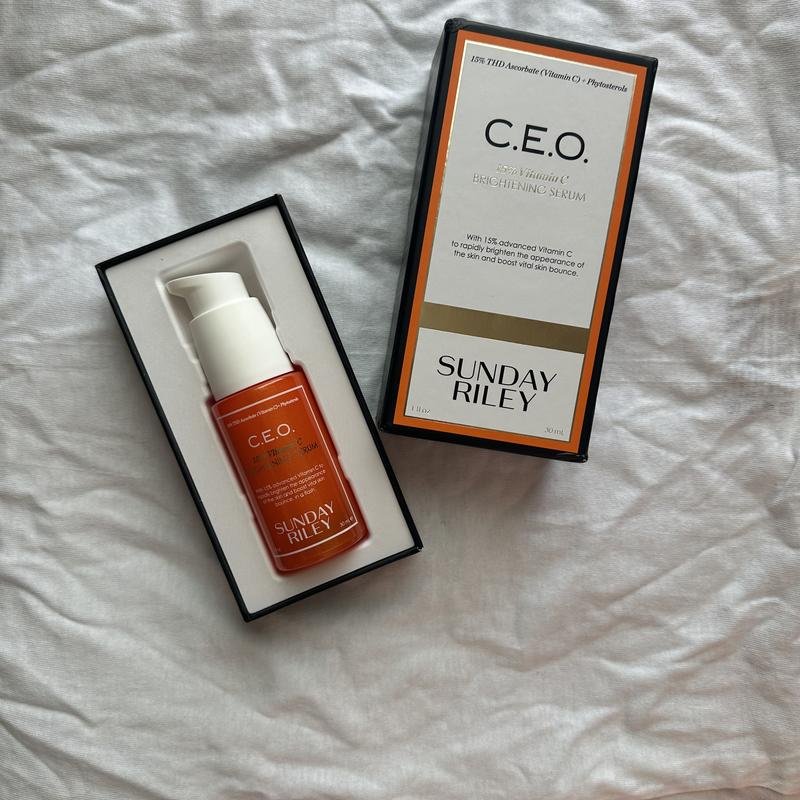

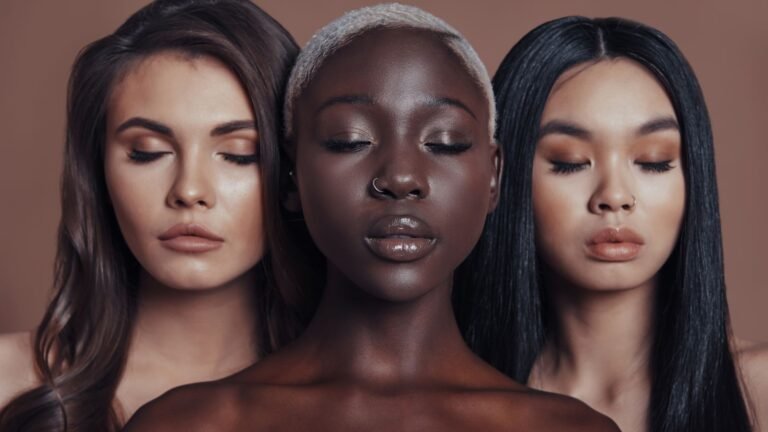
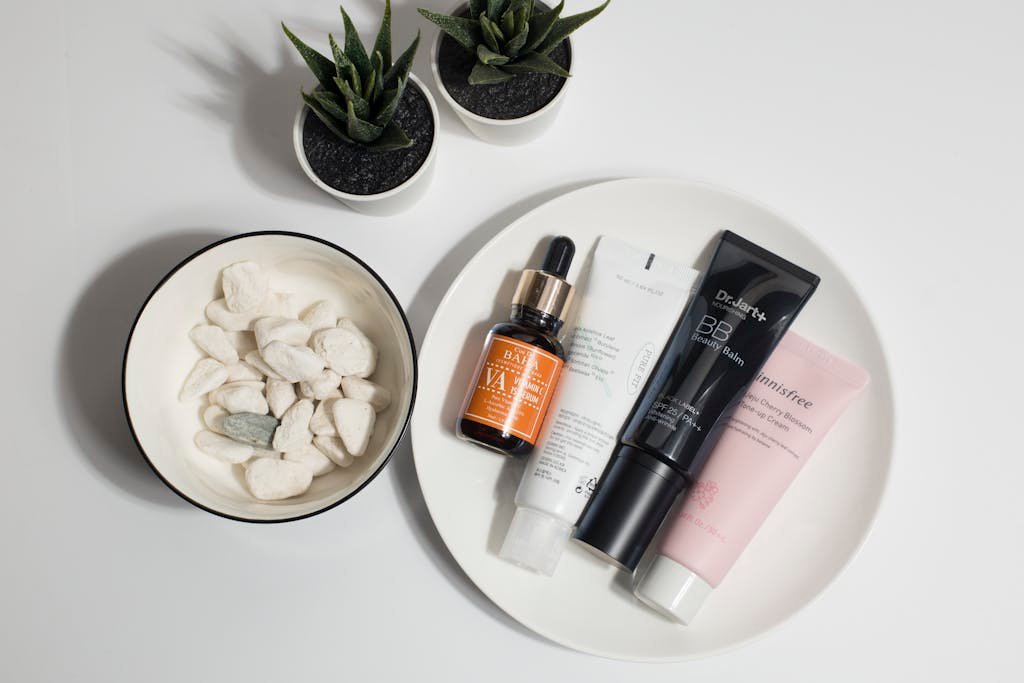
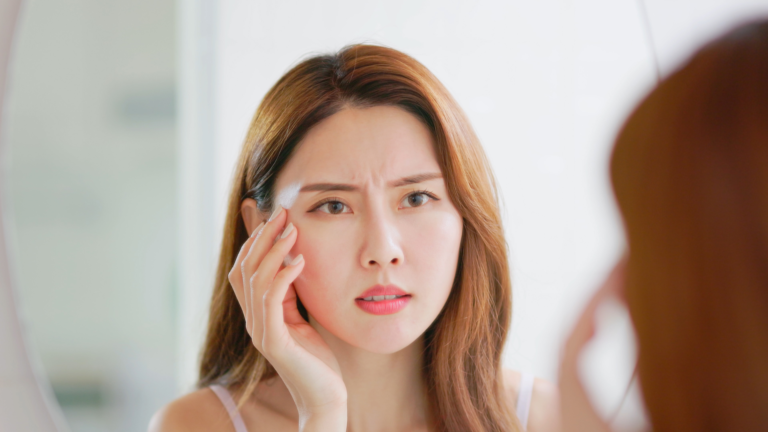
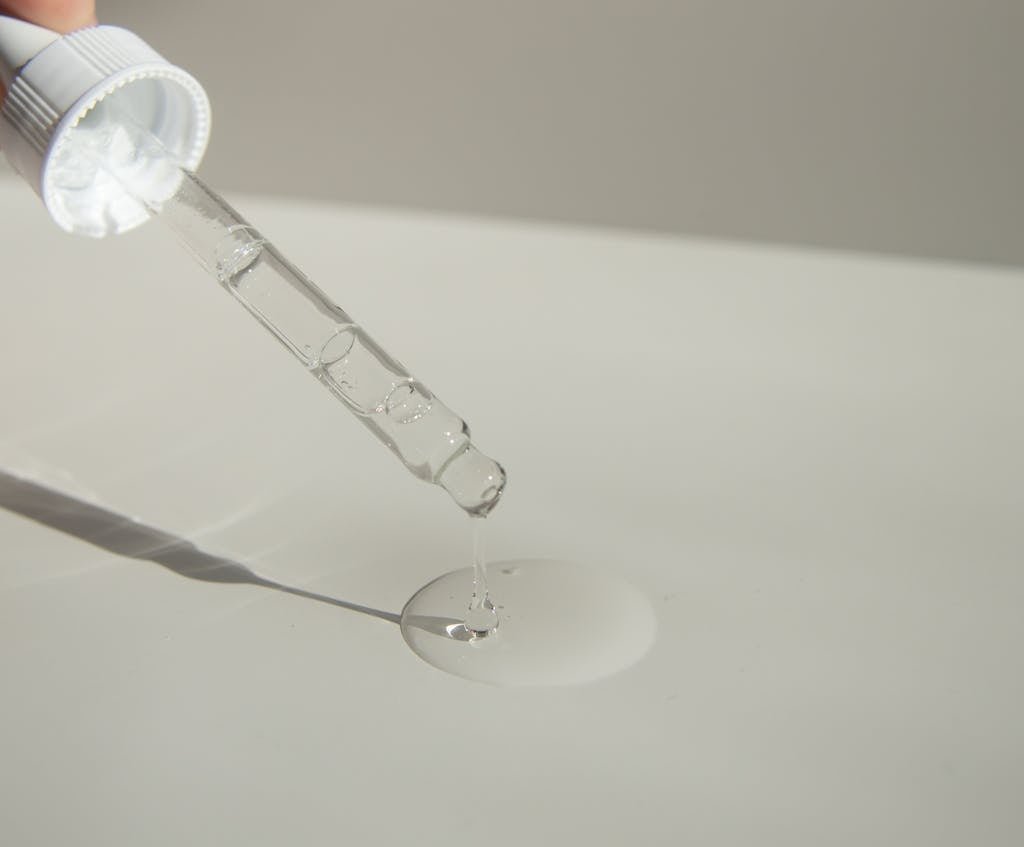
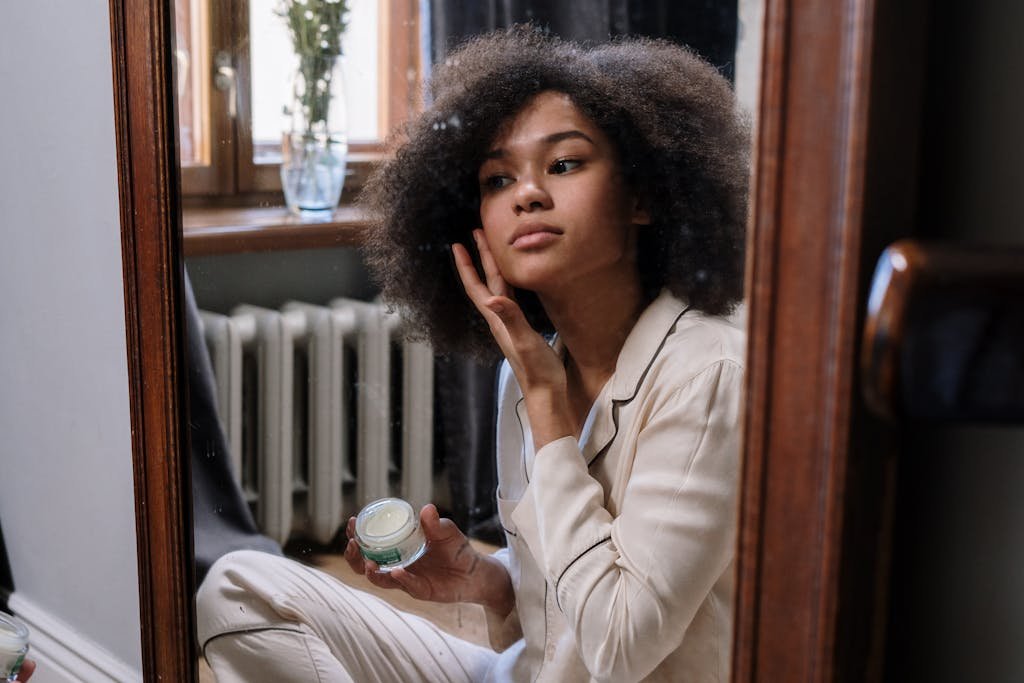
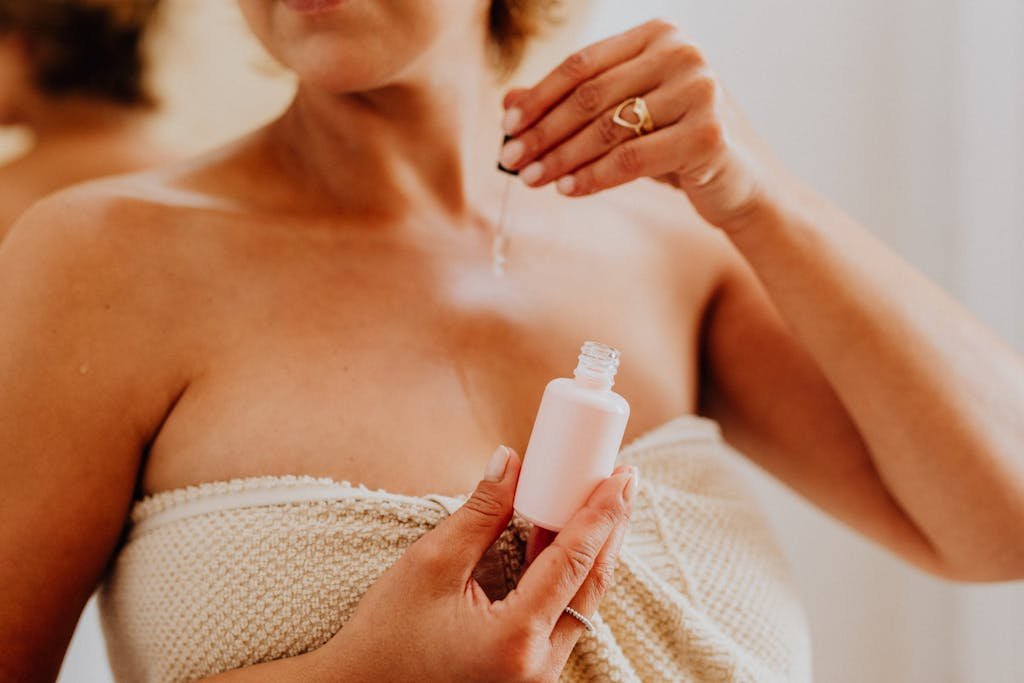
3 Comments